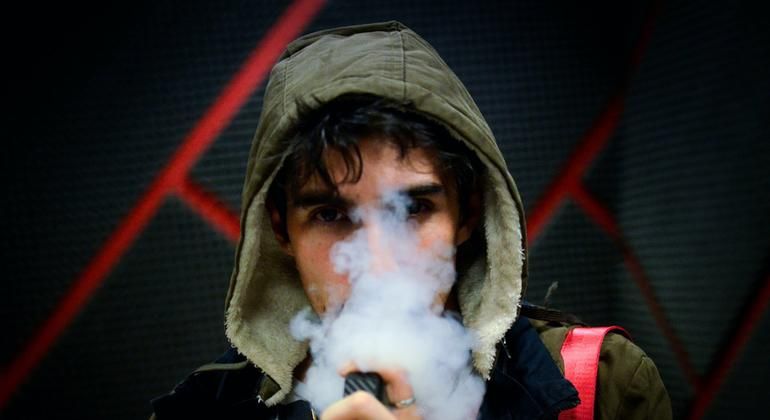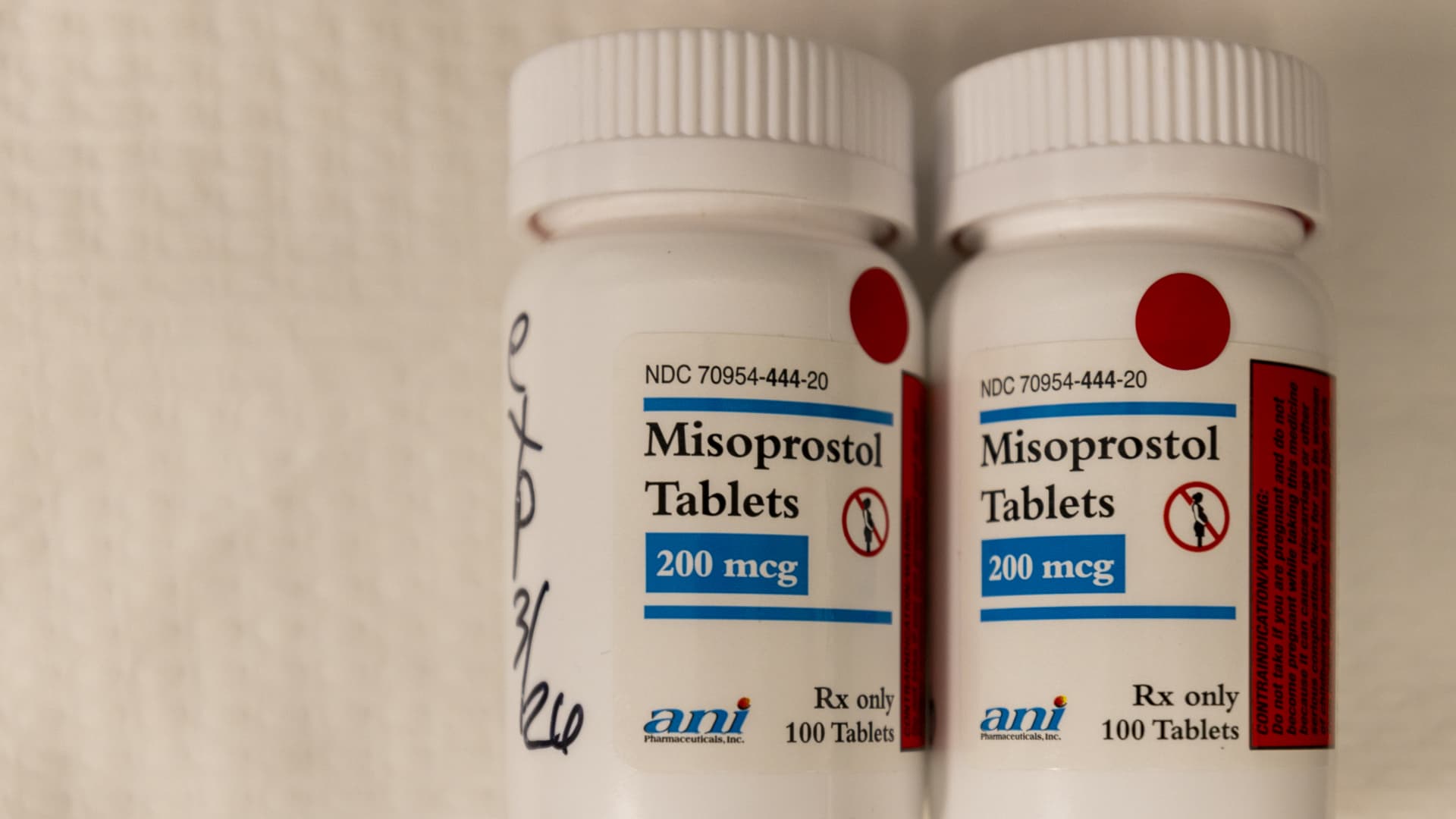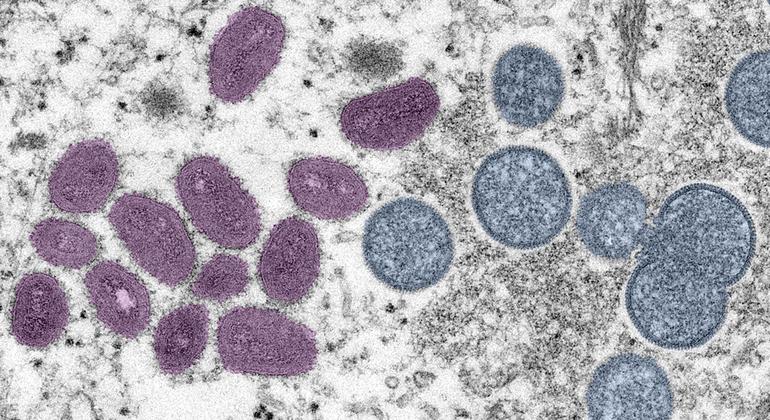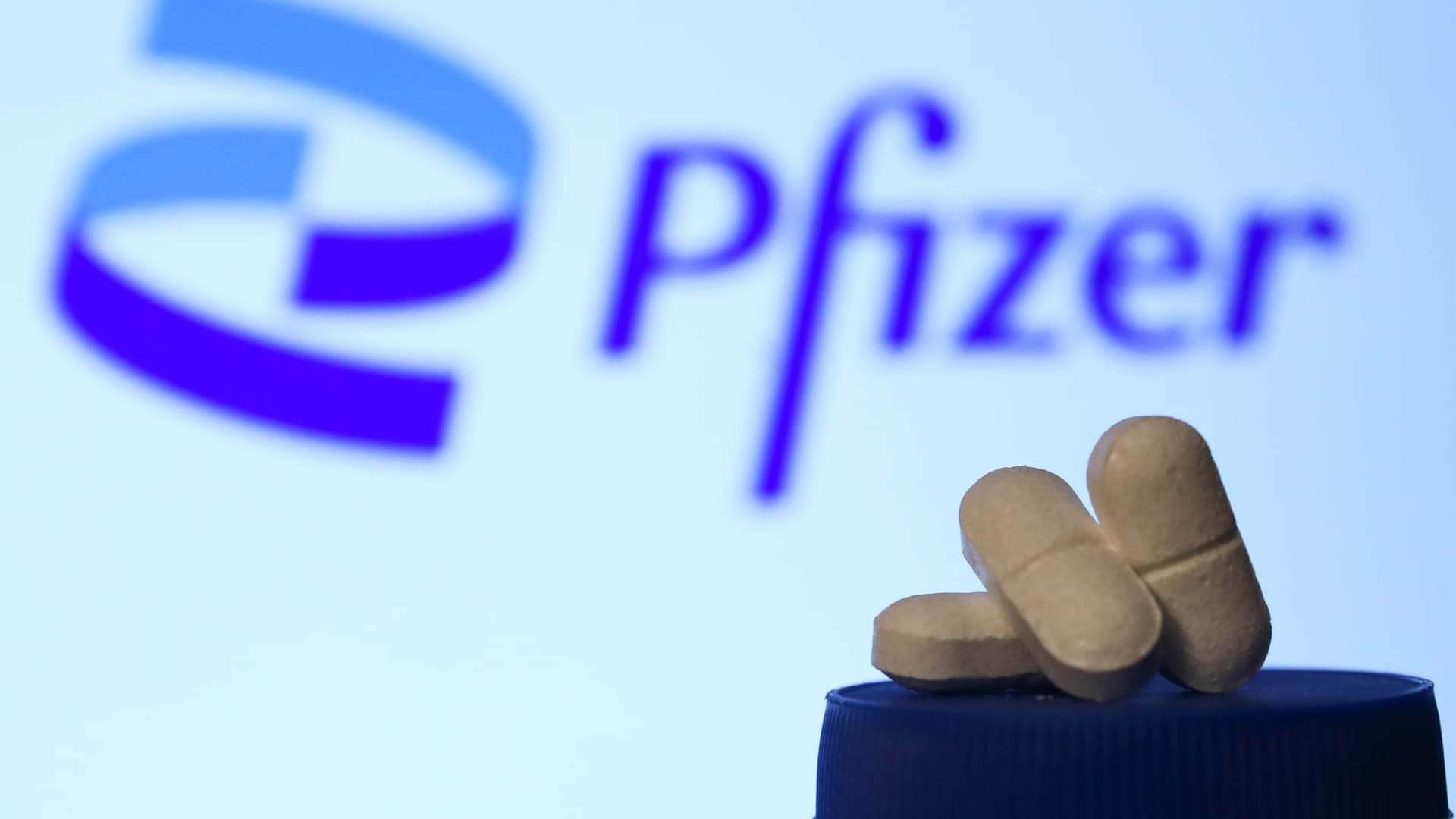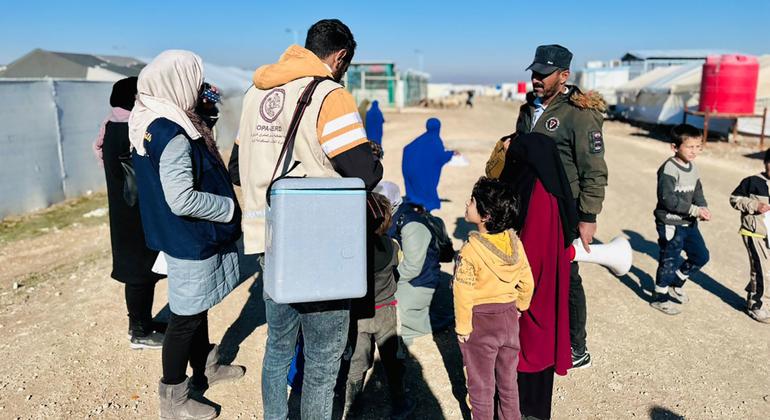Data covering the three areas revealed that more than one in two 15-year-olds experimented with alcohol, while one in five teenagers recently used e-cigarettes, the UN health agency said, in a call for preventative measures. urgent.
“The widespread use of harmful substances among children in many countries in the European Region (and beyond) is a serious threat to public health,” said Dr Hans Kluge, WHO Regional Director for Europe.
“Considering that the brain continues to develop into a person's 20s, adolescents need to be protected from the effects of toxic and dangerous products.”
Alcohol prevails, followed by electronic cigarettes
Alcohol consumption remains common among adolescents; 57 percent of 15-year-olds say they have tried it and 37 percent have drunk it in the last month. Approximately one in 10 young people in all age groups has experienced significant drunkenness, including being drunk at least twice in his life. This rate increases from five percent at age 13 to 20 percent at age 15, demonstrating a growing trend in alcohol abuse among youth.
Electronic cigarettes have also gained popularity, surpassing traditional cigarettes: 32 percent of 15-year-olds have tried them and 20 percent have consumed them in the last 30 days. This compares with 25 percent of 15-year-olds who have smoked a conventional cigarette in their lifetime and 15 percent who tried one in the past month.
Perhaps surprisingly, cannabis use has declined slightly: 12 percent of 15-year-olds surveyed tried it in 2022, compared to 14 percent in 2018. Early cannabis use can lead to dependence and problematic use patterns later in life, the report warns.
The report also highlighted that, although boys have traditionally drunk and smoked more than girls, this trend appears to be changing: girls equal or even surpass boys in tobacco, alcohol and e-cigarette consumption by age 15.
Harmful product placement
WHO experts expressed alarm over the product placement of all substances in video games, entertainment programs and other content aimed at young people through multimedia platforms, calling for the implementation of comprehensive preventive measures.
“Today, Children are constantly exposed to online marketing aimed at harmful products., while popular culture, such as video games, normalizes them,” said Dr. Kluge. To preserve the health of young people, WHO is already working with countries to protect them from toxic and addictive products that could affect their quality of life as they age.
To curb alcohol, nicotine and tobacco use among young people, the WHO wants countries to raise taxes, restrict product availability and sales locations, and enforce the minimum legal purchasing age.
The UN health agency has also called for banning all flavourings, including menthol, in nicotine and tobacco products, while also impose a total ban on advertising on mainstream and social media platforms.

